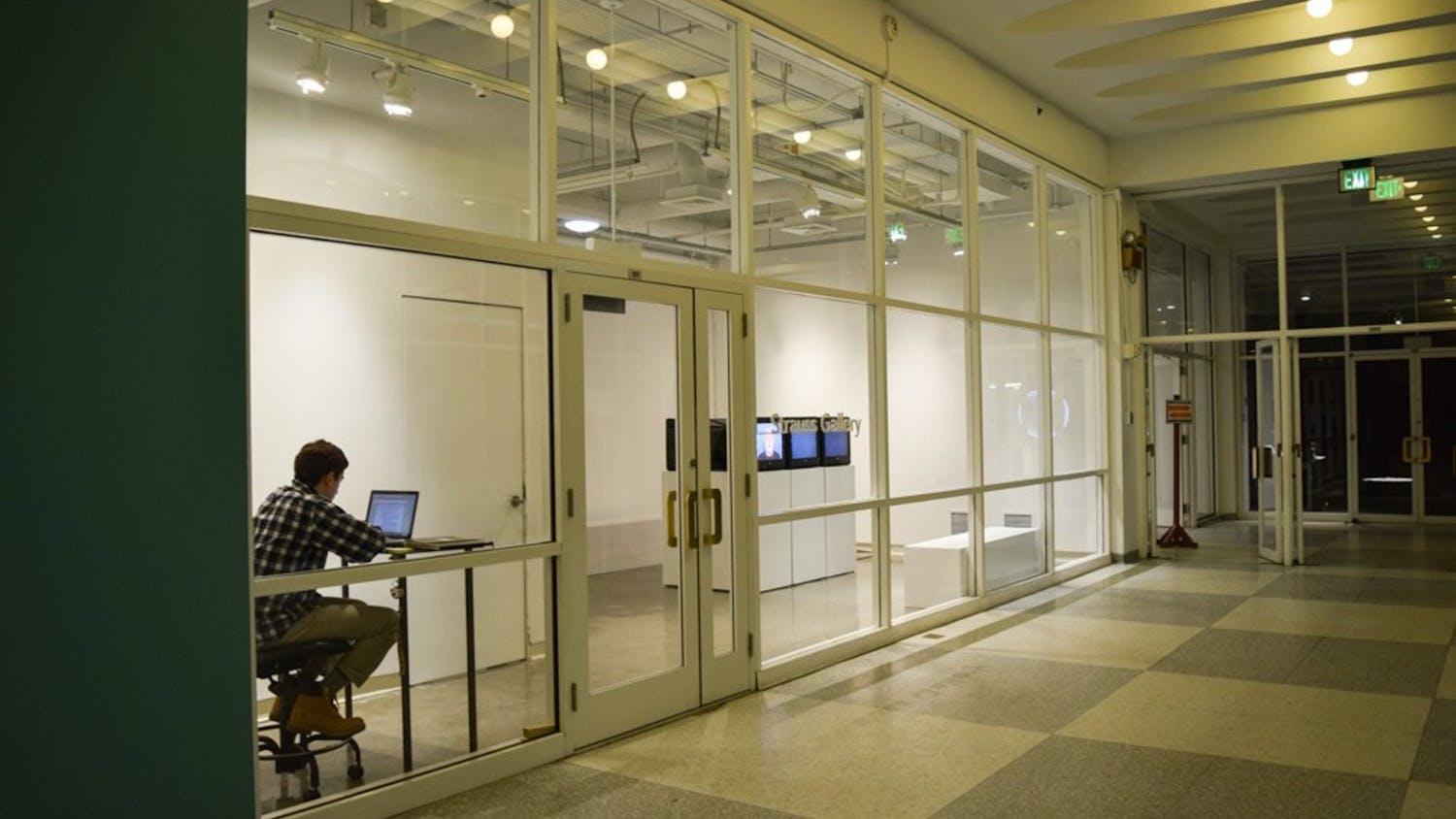With the end of College-mandated quarantine earlier this week, a very small number of Dartmouth students have done the unthinkable — they have returned to in-person classes. For the past six months, our undergraduate education has taken place exclusively over Zoom. Although largely necessary in the face of COVID-19, remote learning has nonetheless proven an unfortunate arrangement and a poor substitute for face-to-face instruction.
The College has now had time to understand what works and what does not. And with the pandemic unlikely to end soon, Dartmouth should not be complacent and see Zoom merely as a tool for biding time until some undetermined return to normalcy. Who knows if such a “normal” will take months, or even years, to come around. Instead, Dartmouth must make a concerted effort to improve the quality of its students’ learning experiences within the confines of current limitations.
Virtual classes should take into account, for example, the effects of “Zoom fatigue” on students. Online meetings have been shown to increase the cognitive burden on students, reducing their ability to focus and tiring them faster. As such, levels of student engagement and information retention are much harder to maintain over the course of a Zoom class. Yet many of the periods inscribed in the College’s new class schedule are still almost two hours long.
Furthermore, a number of students have related that their professors are not wholly confident operating Zoom or Canvas, and many times online classes drag on long after a given class period has finished. Although Dartmouth has made available a collection of resources to help professors teach remotely, the optional nature of the program has evidently limited its reach.
While there is much more we could address on the topic of remote learning, it remains a stopgap measure. Our ultimate goal is to eventually return to in-person instruction. As it considers how to improve remote learning, Dartmouth must also be proactive and seek to expand the use of in-person classes for the winter term. Dartmouth’s $57,796 annual tuition rate clearly could not, in any other circumstance, be justified by a purely online education. As much as possible, the College must provide its on-campus students with in-person options.
This is evidently possible. The fact that in-person classes have already been rolled out — albeit in a very limited way, with only 23 available courses — proves that the College considers them to be of little risk with regard to viral transmission. Dispersed seating, mandatory mask-wearing and thorough cleaning regimens ensure that classrooms will not become epicenters of contagion. And though some professors would undoubtedly feel unsafe teaching in-person, others would likely be open to returning to the classroom.
Granted, there are limitations to the expansion of in-person classes. There are, for example, only 36 spaces on campus that can hold more than 13 socially distanced students at any given time, and only nine that can accommodate more than 30. While we should certainly strive to get students back in the classroom, classes remain largely remote least for the fall, and the College should also concentrate on improving students’ virtual learning experiences right now.
The COVID-19 pandemic is not going away quickly. Instead of treating Zoom classes like a permanent contingency, Dartmouth must work to make the best of the present circumstances. The expansion of in-person classes would be the most effective step in the right direction. But Zoom must also be employed more effectively if the College wants its students to experience a quality education.
The editorial board consists of opinion staff columnists, the opinion editors, the executive editors and the editor-in-chief.



